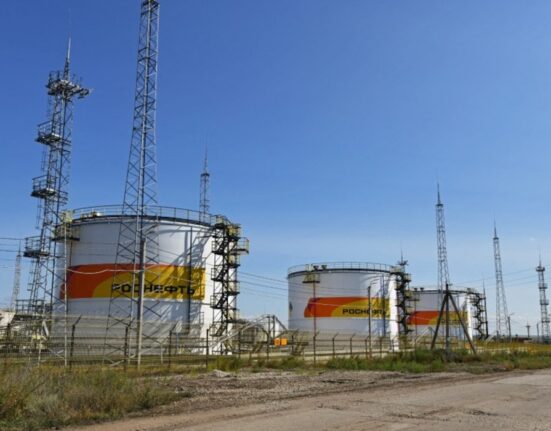As the world grapples with climate change, technological advancement, and geopolitical flux, few commodities find themselves at the epicenter of such colossal forces as oil. Long the lifeblood of modern civilization, oil’s supremacy is being challenged on multiple fronts. As we gaze into the horizon of the next decade, the dynamics of the oil market are set for profound transformations. This article aims to unravel the complex tapestry of factors that will influence oil’s trajectory in the 2020s and beyond.
The Geopolitical Ballet
Oil has perennially been a pawn and a stalwart on the geopolitical chessboard. Nations have risen to power or found themselves in turmoil due to the whims of oil. In the coming decade, regions like the Middle East, with its vast oil reserves, are likely to remain hotspots of contention. However, the emergence of the United States as a net oil exporter, due to the shale revolution, has altered traditional power balances. Moreover, China’s insatiable energy appetite and its strategic investments in oil-rich regions signify shifting geopolitical influences that could dictate market trends.
Furthermore, sanctions or diplomatic tensions among oil-producing nations could disrupt supply chains, instigating sharp, though often temporary, price changes. However, any long-term impact of geopolitical factors will likely be tempered by strategic reserves and the increasing role of renewable energy.
Technological Disruptions
Technology stands as both a disruptor and enabler in the oil saga. Enhanced extraction techniques, such as hydraulic fracturing and horizontal drilling, have unlocked vast reserves, influencing supply and, by extension, pricing. On the flip side, technological advancements in renewable energy sources and electric vehicles (EVs) threaten oil’s dominance in transportation fuel.
The International Energy Agency (IEA) projects that by 2030, there could be around 145 million electric vehicles on the road, drastically curtailing oil demand. This decade will witness an inflection point where the cost of EVs and renewable energy technologies could achieve parity with, or superiority over, their fossil-fueled counterparts, accelerating oil’s decline.
Climate Concerns and Green Energy
The 2020s herald an era where climate change isn’t just acknowledged but actively shapes policy. The Paris Agreement, with its carbon reduction commitments, has catalyzed nations into action. Investments are surging towards renewable energy, and there’s a concerted push for decarbonization.
Oil companies are not impervious to these shifts. Many are diversifying their portfolios to include or even prioritize green energy. The next decade will likely see oil companies transforming into energy companies, a strategic metamorphosis driven by both market conditions and climate imperatives.
Market Predictions
Predicting oil prices is a complex endeavor due to the multitude of influencing factors — economic, political, technological, and more. However, certain trends provide guidance. Demand is expected to plateau and potentially decline, particularly as green energy solutions become more affordable and widespread. Prices may experience short-term volatility due to geopolitical factors, but the overarching trend could be a gradual decline or a significant stabilization at lower prices compared to the previous decade.
OPEC’s strategies, market access, production costs, and global economic health, particularly in powerhouse consumers like China and India, will also be crucial in shaping the market. Yet, the push for sustainability and climate conservation might be the defining narrative that guides oil’s story in the 2020s.












